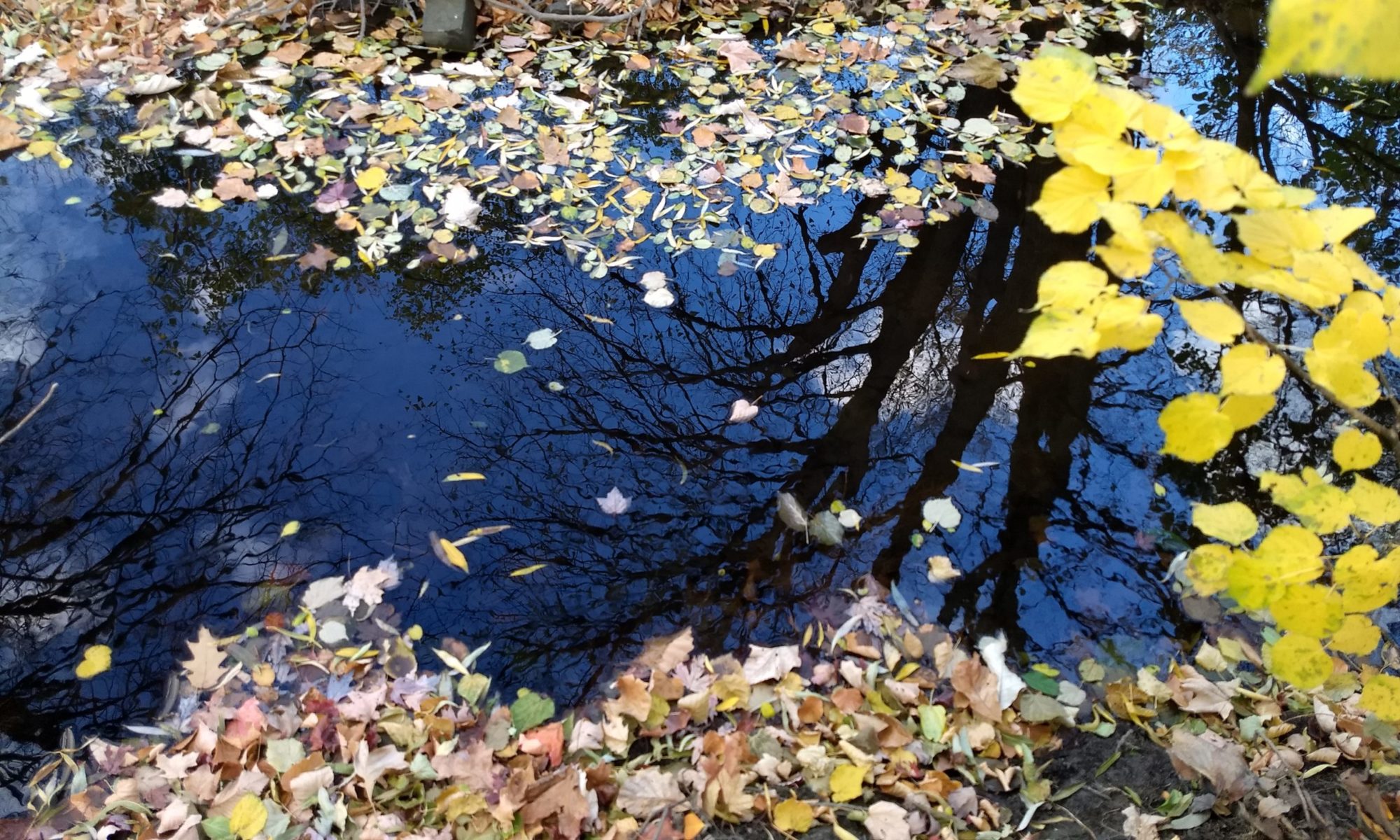I have surprised many doctors, nurses, and mammogram technicians in the years since I was diagnosed with breast cancer. First of all, I’m very young to have had breast cancer so many years ago. Secondly, I had a mastectomy with no reconstructive surgery. Over the winter, the surgeon who did my mastectomy asked me to speak with a woman who is only 26 years old, and was diagnosed with breast cancer. I thought through what I would tell her; how had I made my decision to have a mastectomy? I hadn’t thought about it for so long, I had to take time to reflect on why I did what I did.
It was 1996. I remember lying in bed, wondering what it would be like to have only one breast. I was agonizing over a decision to have a lumpectomy with radiation and chemo, or a mastectomy with chemo. I was only 27, unmarried, and yet envisioned children in my future. This became the focus of my decision-making process.
I pored over Dr. Susan Love’s Breast Book. She writes, “Radiation damages some of the milk-producing parts of the breast,” so breast feeding from the radiated breast is unlikely. The breast used for breast feeding would become larger, while the radiated breast would stay the same, causing asymmetry. I wondered how this would feel. Would the radiated breast feel dead, while the lactating breast would feel alive? Dr. Love notes that reduction surgery on the larger breast is a option when breastfeeding is over. Would I be willing to have surgery while taking care of my young children?
Obviously, asymmetry would also be a problem with breastfeeding after reconstruction surgery on one side and a normal breast on the other. It seemed like it would be easier to just change the size of a prosthesis, as opposed to having multiple surgeries.
While researching mastectomies and reconstruction surgeries, I read that some women thought that certain doctors were “butchers,” and that mastectomies were “mutilations.” I think this was primarily written when women woke up from surgery and were surprised to find that they had had a mastectomy, especially when a radical mastectomy was done. This surgery removed muscle, and left the chest looking caved in. My grandmother had this surgery in the sixties. I would have a modified radical mastectomy, which left the chest muscles intact. I knew exactly what my chest would look like; I had seen my mom’s scar from so many years before. I saw her washing her prosthesis, and I knew she wore special bras. She didn’t always wear her breast form in the evenings, so I had seen her in her pajamas many times being “asymmetrical”. This was not unnatural or repulsive to me; in no way was it a “mutilation.” This was just the way my mom had been since I was 14 years old.
One of my thought processes was that I wanted to keep my body as healthy as possible. I knew I had to have surgery; I had to have chemotherapy; but I could limit the surgeries and treatment. Ultimately, the choice was mine. I needed to have some control over my body. So I decided that I would have a mastectomy and chemotherapy, and be done. No radiation, no reconstruction. (I wasn’t done after chemo, however. I later found out that I needed to take tamoxifen for five years since my cancer was hormone-positive.)
Four years after my diagnosis, I met my husband. While with him, I have never had a reason to regret my decision. I have had two very healthy pregnancies, and have breastfed both my daughters, who are growing up to be healthy teenagers. My choice was right for me. Are you facing a difficult choice? Did you stumble on this article because you need to decide between a lumpectomy and a mastectomy? No matter what you choose, it will be the right decision!


